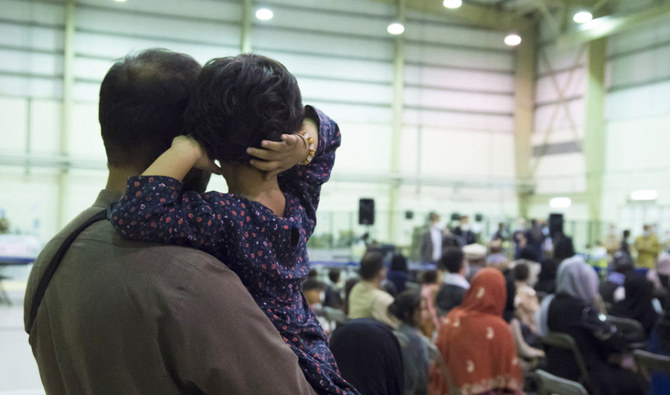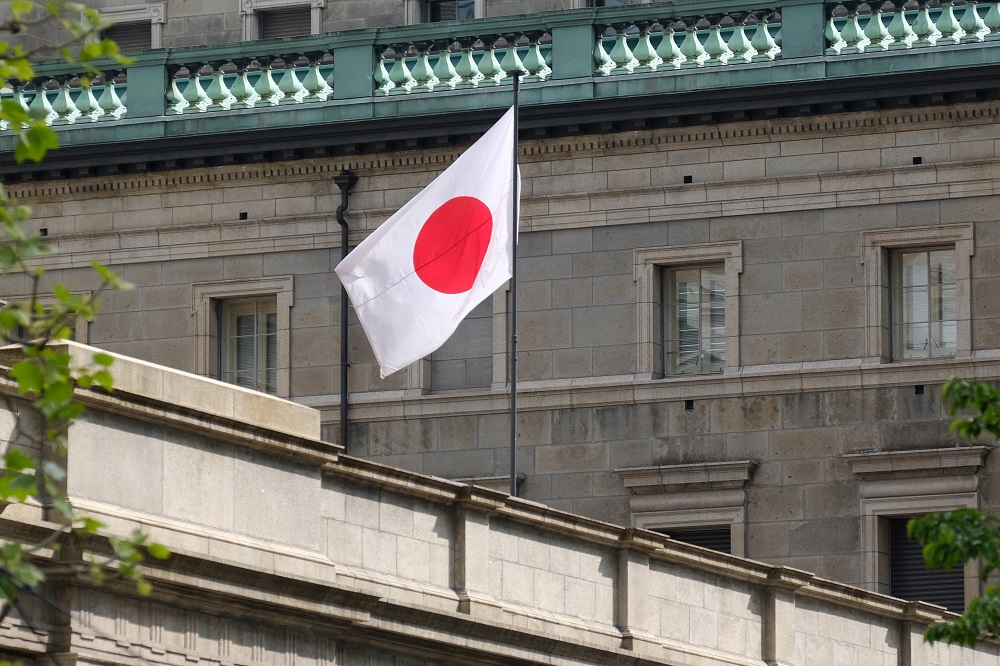ABU DHABI: A senior US diplomat has apologized to thousands of Afghans stranded in the UAE months after the fall of Kabul to the Taliban.
The diplomat spoke to the stranded Afghans, promising to speed repatriation for some to America while acknowledging that may not be possible as authorities work to confirm their identities and backgrounds.
The visit comes as America still struggles with how to handle the tens of thousands who piled into planes in the hectic final days of Afghanistan’s US-backed government, the end of a 20-year experiment in replacing hard-line Taliban rule with a nascent democracy.
After meeting with the Afghans, the diplomat and other officials spoke to journalists on the condition they not be identified, citing the “sensitive and ongoing natures of the issues discussed.”
The diplomat expressed personal frustration about delays. But he also acknowledged that some of the Afghans — including journalists and prosecutors — might never get US visas. Thousands of Afghans have held protests over their uncertain situation.
“The problem is nobody knows what’s going on,” said Ahmad Shah Mohibi, the founder of a group called Rise to Peace, which has been trying to help Afghans there. “The US has a moral obligation” to help them. Around 12,000 Afghans remain in Abu Dhabi, with some 10,000 at Emirates Humanitarian City and another 2,000 at Tasameem Workers City in the capital, Mohibi said.
They represent a cross-section of those who fled the Taliban’s lightning advance in August, including journalists, judges, prosecutors, LGBT rights activists and religious and ethnic minorities, he said.
Among those in Abu Dhabi are former soldiers who identify themselves as belonging to so-called “Zero” Units. There are about 2,500 of them, including family members. Evacuation flights had been going on until November, but then suddenly stopped, leaving the thousands stranded in Abu Dhabi. There are tens of thousands more still stuck in Afghanistan.
The senior US official also said that two measles outbreaks among the refugees, concerns over coronavirus vaccinations and later, CDC demands for full medical examinations had slowed down the process of getting Afghans to the US.
AP






















